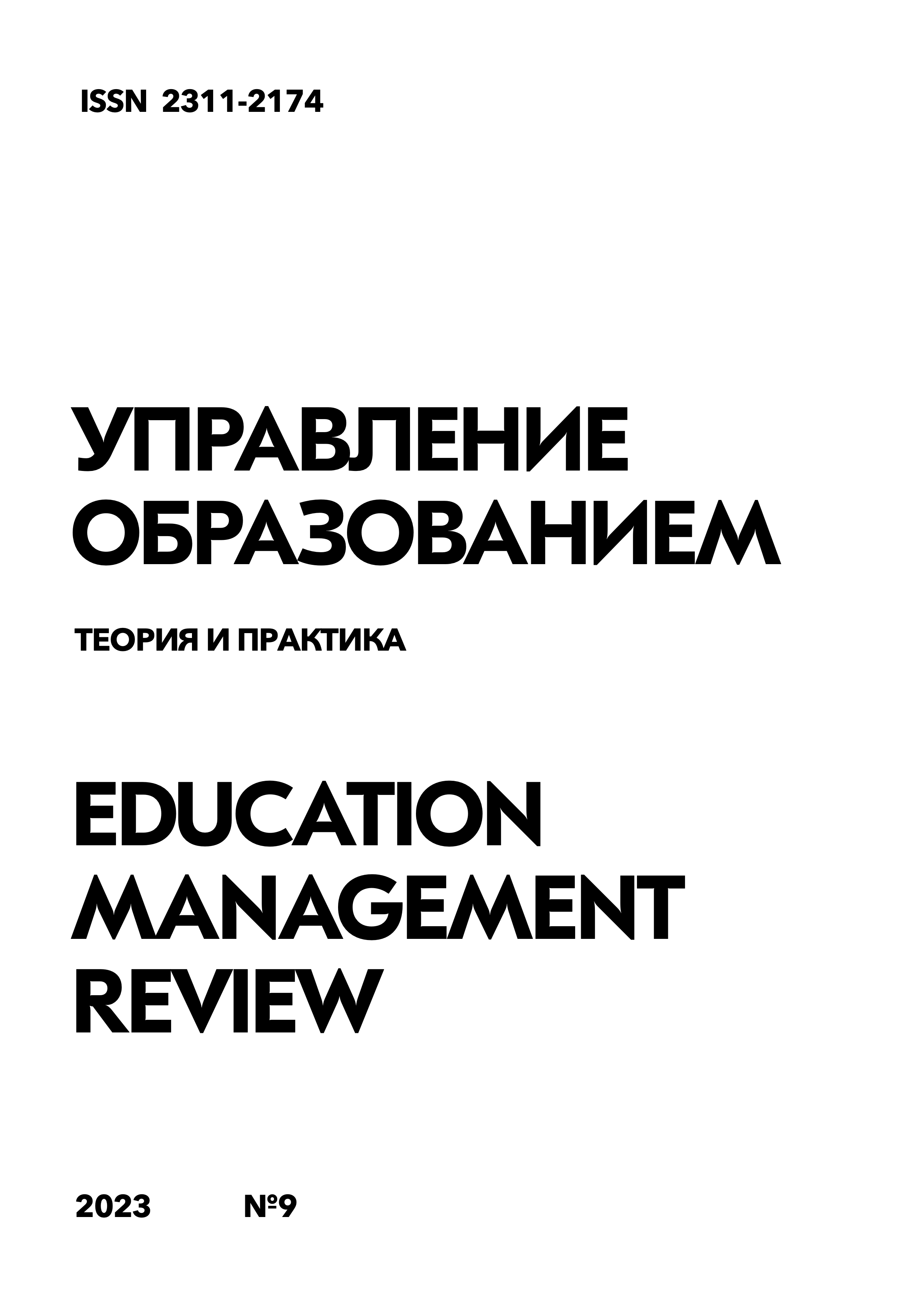Modern factors of the effectiveness of the learning process
DOI:
https://doi.org/10.25726/m1016-1167-1737-aKeywords:
distance online learning, learning effectiveness, pedagogical interaction, digital competenceAbstract
In the article, the authors consider the actual problem of modern pedagogy and education - the problem of the effectiveness of the learning process. At the same time, aspects of distance online learning are touched upon, both positive and negative features of these educational processes are characterized. The authors analyze various types of pedagogical interaction in education: interaction with content, interaction with teachers, interaction between students. The paper convincingly shows that the use of computer technology and modern software in various types of modern pedagogical interaction makes it possible to enhance the effectiveness of learning by activating various didactic principles. It is important to note that the use of computer technology and modern software in this type of interaction makes it possible to enhance the effectiveness of learning by activating the didactic principle of visibility. Modern technology makes it possible to use both visual and verbal forms of perception in the educational process. In the course of this interaction, the teacher must take into account a number of factors. Firstly, these are didactic conditions for the successful education of schoolchildren, the use of interactive teaching methods that increase interest and facilitate the perception of the material. Secondly, the teacher should pay special attention to the psychological aspects of pedagogical interaction, control over the emotional atmosphere in the group, taking into account the individual psychological and age characteristics of students.
References
Баева Л.В. Цифровой диалог в обучении: когнитивные, социальные, экзистенциальные особенности и риски. // Вестник Российского университета дружбы народов. Серия: Философия. 2022. Т. 26. № 2. С. 439-453.
Буренкова Н.В., Быкова И.В., Тонких А.П. Дистанционное обучение как фактор повышения уровня школьного образования в постпандемийный период // Управление образованием: теория и практика. 2022. № 3(49). С. 226-234.
Багринцева О.Б., Кривых Н.И., Кривых Л.Д. Современные образовательные технологии: интерактивность как принцип эффективности // Педагогические исследования. 2020. № 2. С. 5-11.
Ершова Р.В. Количественные и качественные критерии эффективности онлайн обучения. // Цифровое общество как культурно-исторический контекст развития человека. Сборник научных статей и материалов международной конференции. Под общей редакцией Ершовой Р.В. Коломна, 2022. С. 107-112.
Куликова С.С., Носкова Т.Н., Осочкин А.А., Павлова Т.Б., Тербушева Е.А., Фомин В.В., Яковлева О.В. Глава 3. Методологические основания комплексного внедрения интеллектуальных информационных технологий в цифровой образовательной среде. // Интеллектуальные технологии в цифровой среде университета. Санкт-Петербург, 2020. С. 106-236.
Назарчук Ю.И. Онлайн-обучение как альтернатива классическому обучению. // Современные лингвистические и методико-дидактические исследования. 2019. № 2(42). С. 83-92.
Прядехо А.А., Степченко Т.А. Оптимизация использования компьютерных средств обучения для формирования способности прогнозирования // Успехи современной науки и образования. 2016. Т. 1. № 12. С. 193-197.




